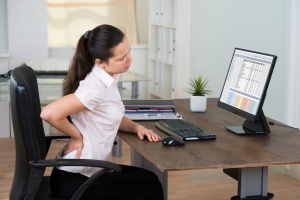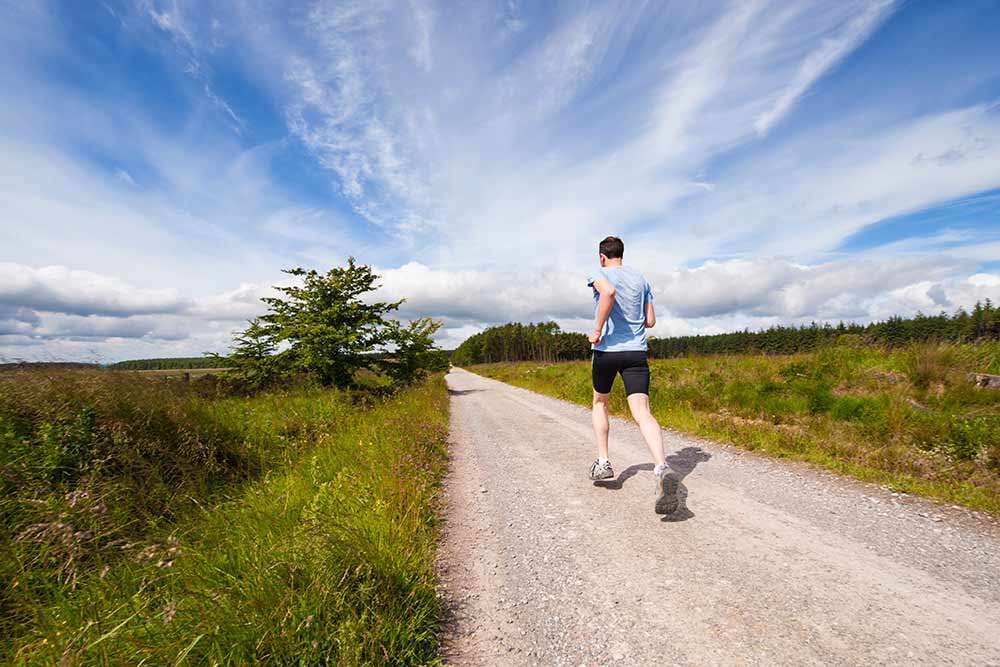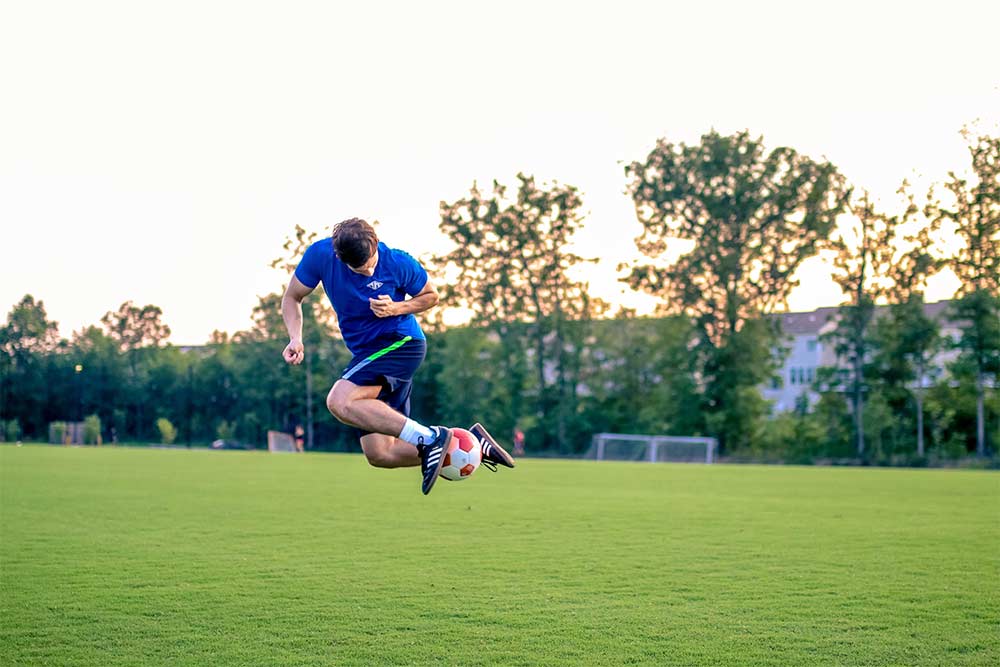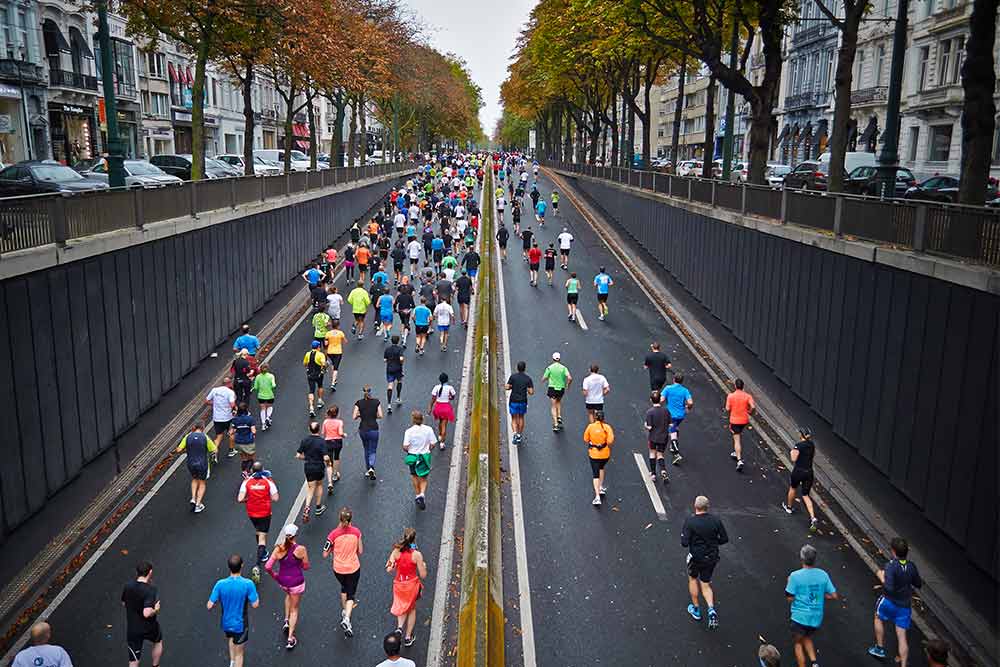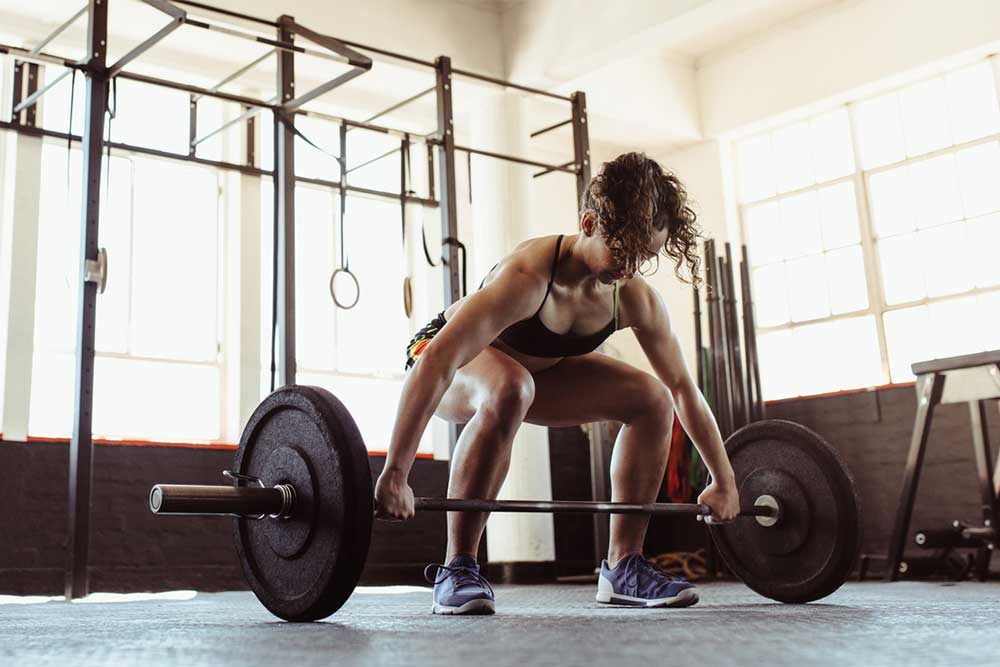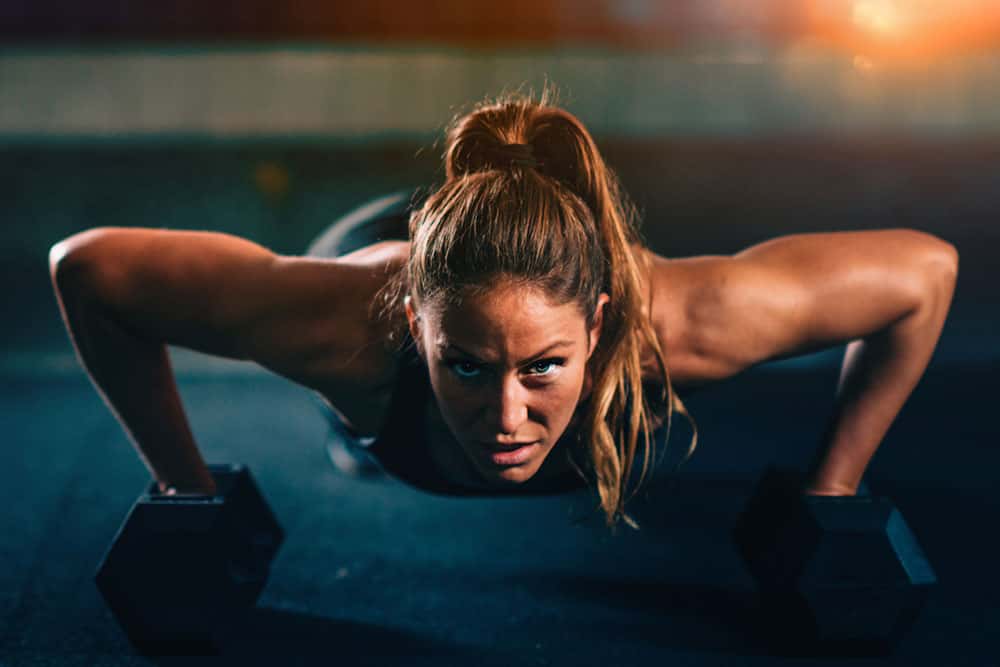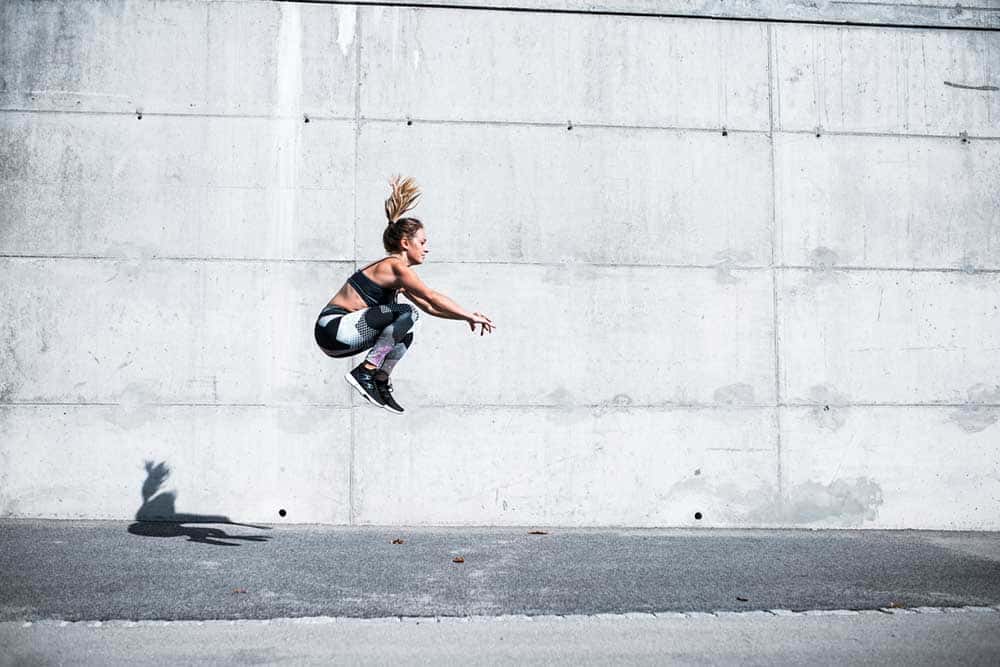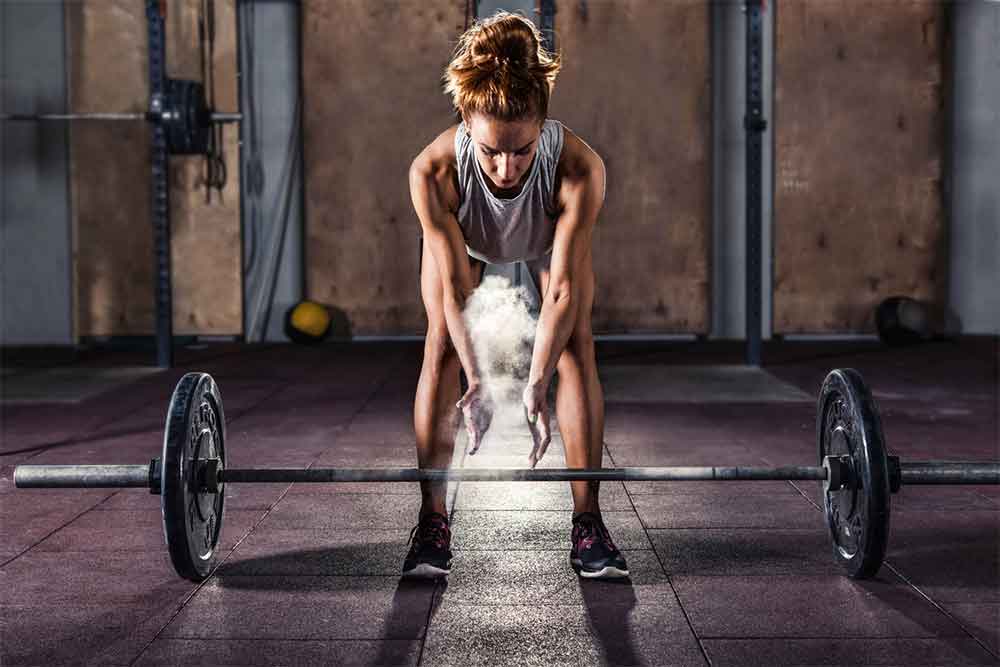Sitting Disease – The New Smoking

Evan Stevens
Based on a talk by Pete Lemon at Take Control of Your Health/Wellness – Exercise Nutrition Symposium, University of Western Ontario
The irony of the first talk was not lost on many who attended; the opening lecture of an eight hour day was all about how sitting for prolonged periods was just as detrimental to our health as smoking regularly. The idea that uninterrupted sitting is bad for us isn’t exactly a new concept –it’s seen coverage in the press and other media outlets since at least early 2014, and scientific articles have been growing for a few years before that.
However it is becoming more and more of a serious problem and health risk; the cautions continuing to go unheeded as we spend more time in front of a computer screen, in front of the television, glued to our video game systems, and hunched over our work tops trying to meet a deadline. Dr. Lemon flashed through a series of statistics from various sources which showed that prolonged, uninterrupted periods of sitting contributed to significant increases in the risk of heart disease, diabetes, certain types of cancers and other maladies.
This is attributed to the muscles going into “dormant” mode, which interrupts their ability to process fats and sugars. Dr. Lemon then showed a startling statistic – that exercise before or after work (of both) did not counteract these effects and sitting can actually hurt your gains made by exercise. He said that for every four hours you spend sitting, eliminate the benefits from 20 minutes of moderate exercise you’ve done.
So if sitting is slowly killing us, what can we do? Dr. Lemon advises to embrace technology – yes, the same stuff that is contributing to the problem can be used to rectify the problem. Wearable technologies such as smart watches and exercise trackers are an excellent way to make sure you are getting yourself out there. 10,000 steps per day is usually what these fitness trackers suggest as a minimum. While many may scoff at the notion, thinking that 10,000 steps is easily an obtainable amount, many people fail to reach 5,000 a day. What’s more, Dr. Lemon said, was that we love to do activities together, that we are more likely to be active when we have someone with which to do these activities.
Many of these technologies allow you to connect with your friends, and see how you rank activity-wise amongst your peers. Dr. Lemon described how standing desks can help, but many find standing long periods of time hard on their knees or back. He suggests looking into walk desk and cycling desks – desks which have a slowly moving treadmill or bicycle crank built in. Walking meetings are also a great idea – rather than going for a sit-down coffee or full lunch, schedule meetings for a walk around the park.
This of course is weather dependant, and requires an ideological shift in some business sectors; I have seen walking meetings becoming more and more popular on University campuses where professors hold office hours on-the-go instead of in their little closet offices. Trading a chair for an exercise ball is a cost effective way to improve your sitting habits. Not only does it improve your core strength, but it is excellent for improving balance, something that is easily lost with increased sitting duration and age. Dr. Lemon also suggests adhering to a 20:20 model of sitting – for every 20 minutes of sitting you need to walk around for at least 20 seconds. He says that doing very quick and intense exercise dispersed throughout the day is just as good as doing a long workout once before or after work; “I don’t have time” should never be an excuse.
Take Aways:
- Sitting for long periods is slowly killing you
- Sitting can eliminate exercise gains
- Adhere to the 20:20 rule while working
- Use wearable technology to track exercise – link up with friends, make it fun
- 10,000 steps per day minimum
- Change desk style to promote movement while working
- Treadmill and bike desks
- Exercise ball for a chair
- Schedule walking meetings
- Quick, intense exercise through day can be banked – just as effective as longer bouts once during day
- “I don’t have time” is never an excuse
Related Article: 10,000 steps a day: Presidential Active Lifestyle Program
(adsbygoogle = window.adsbygoogle || []).push({});
You Might Like:
How Prolonging Your Athletic Career Impacts Longevity
Evan Stevens Athletes are put under a microscope from the moment they take their first steps into the limelight. Statistics track their every move, from strict performance metrics such as save percentages, shots on goal,...Reaction Time Test: Improving Your Time
Evan Stevens Aging sucks. While some argue that aging is a wonderful part of life, that it gives us experience and allows us to better know ourselves, at the end of the day, it really...Relative Energy Deficiency: Nutrition For Endurance Athletes
Evan Stevens Speak with any endurance athlete and the topic of conversation almost always steers towards nutrition. Endurance athletes are the pickiest, most finicky bunch you will ever meet, from the over health conscious “I...The 7 Myths of Weightlifting
Evan Stevens There are common utterances when the conversation shifts to weightlifting and why people don’t do it. More so than any other form of exercise, lifting has a near infuriating amount of misinformation and...What is a High-Intensity Interval Training (HIIT) Workout Anyway?
Evan Stevens High-Intensity Interval Training (HIIT) is a huge ‘hit’ with exercise researchers and the general population alike. It is less time consuming and can imbue the same if not more benefits as traditional exercises...Do Ketogenic Diets Reduce Anaerobic Performance?
Evan Stevens Ketogenic diets have come to the forefront of popular health fads in the past few years. Placing the majority of our health and dietary problems on carbohydrates (due to the spike in blood...(adsbygoogle = window.adsbygoogle || []).push({});

